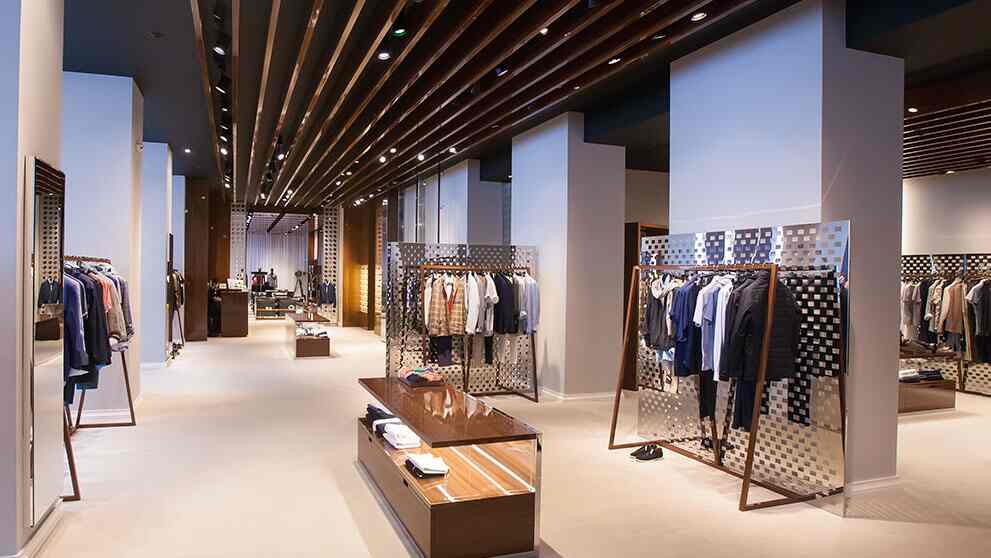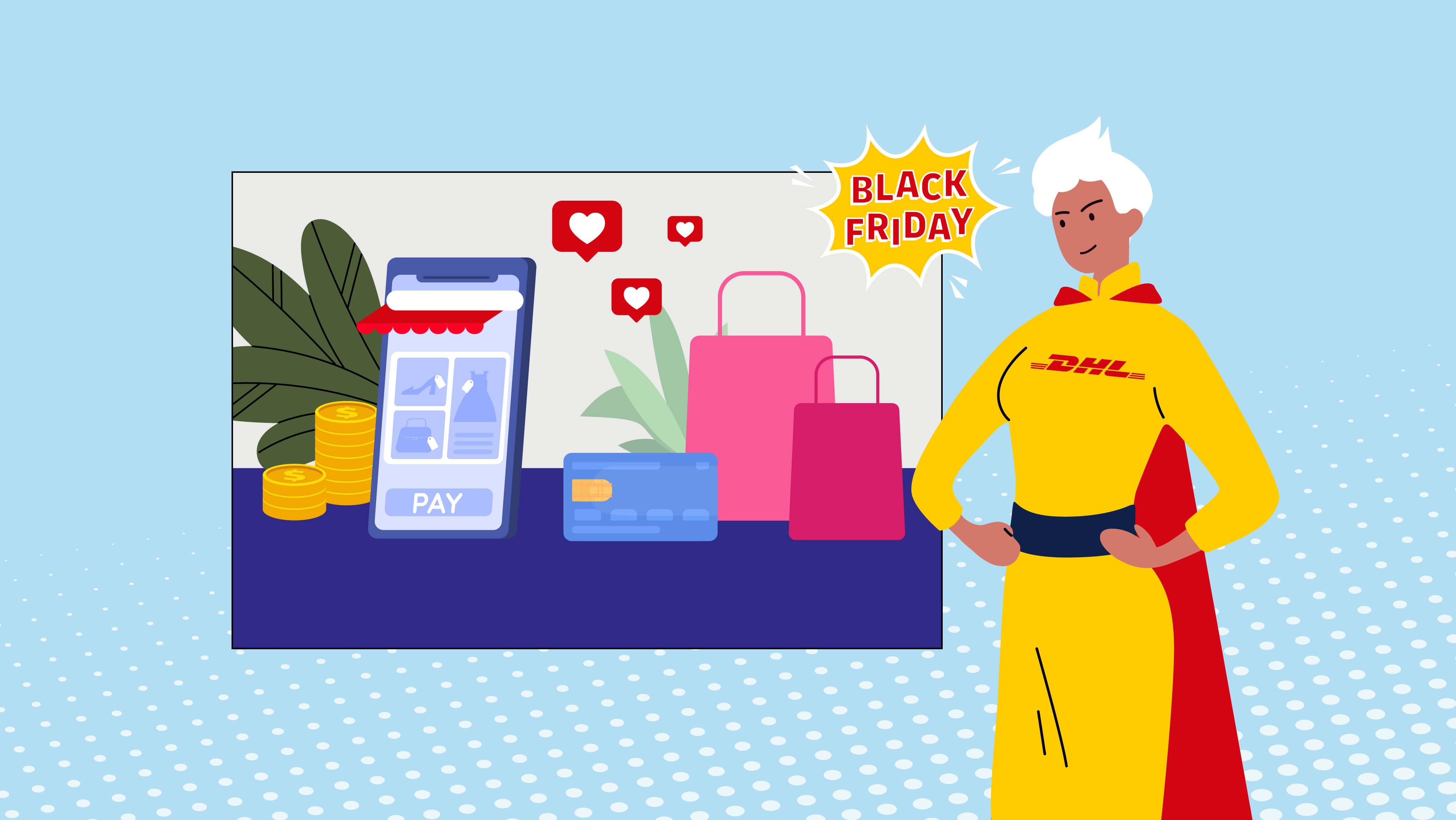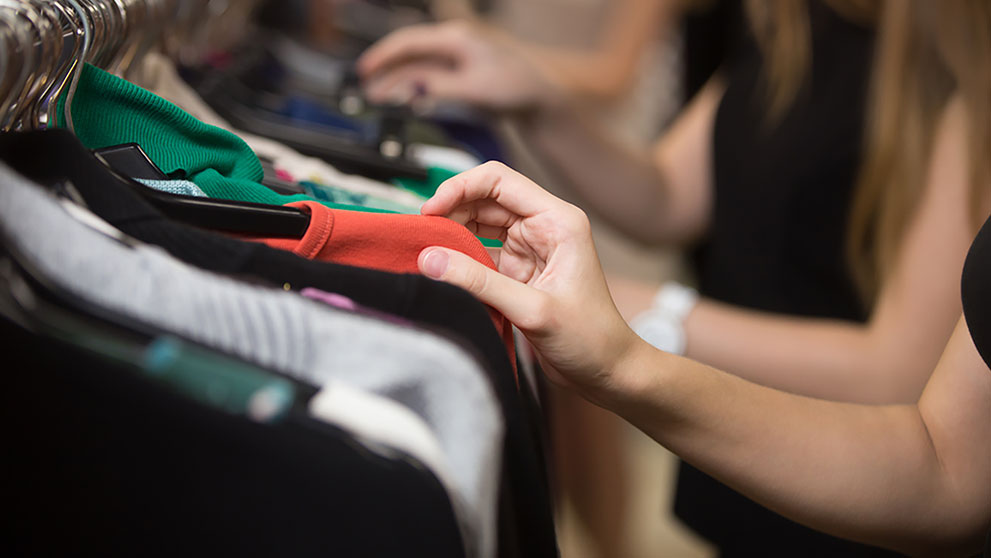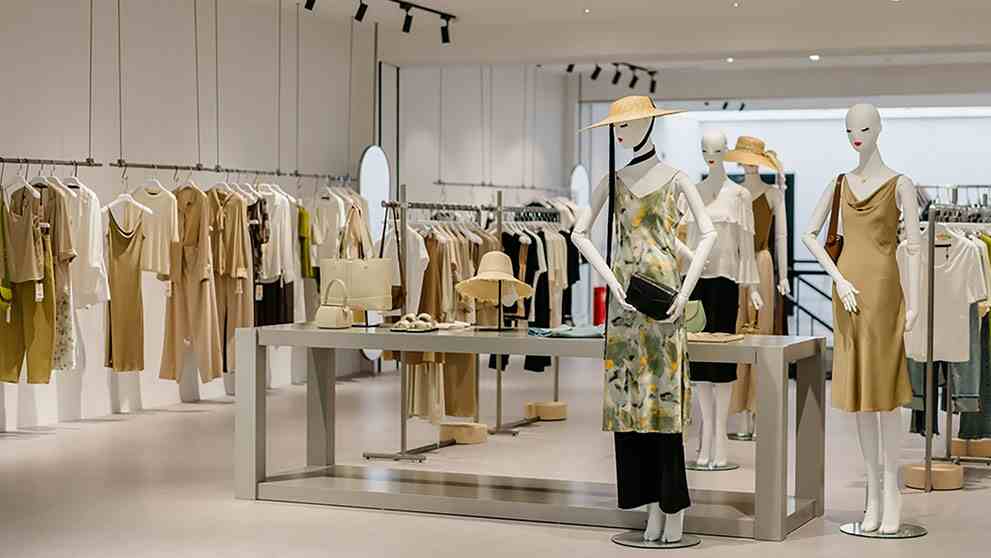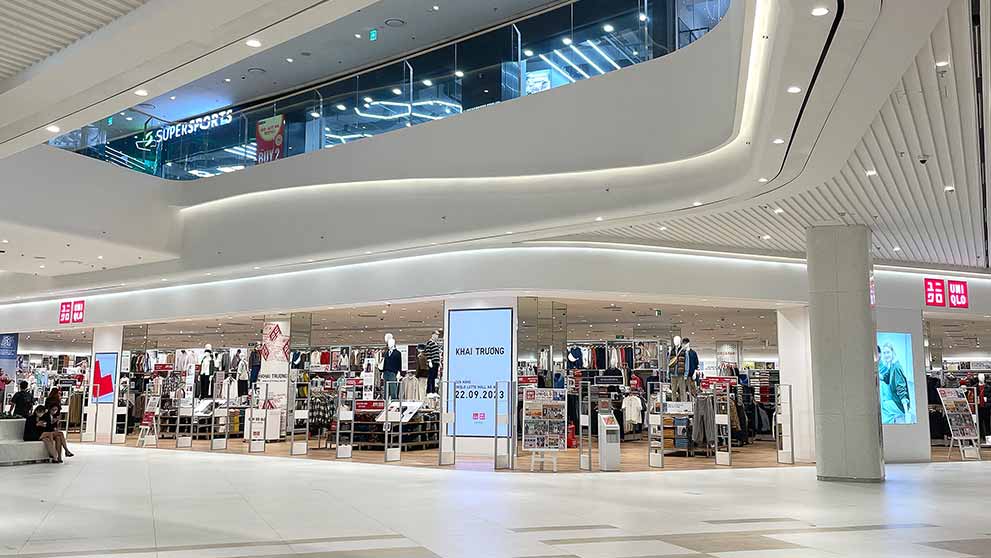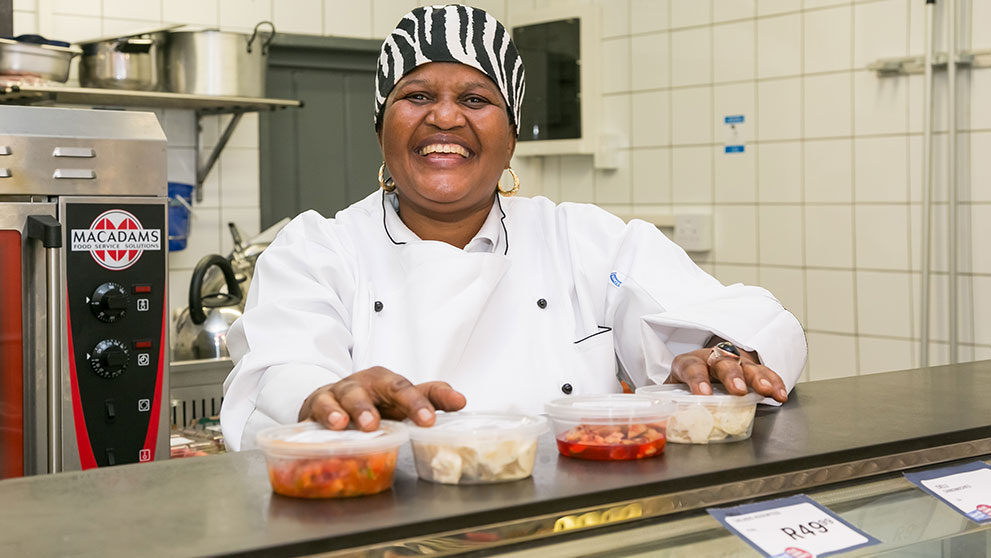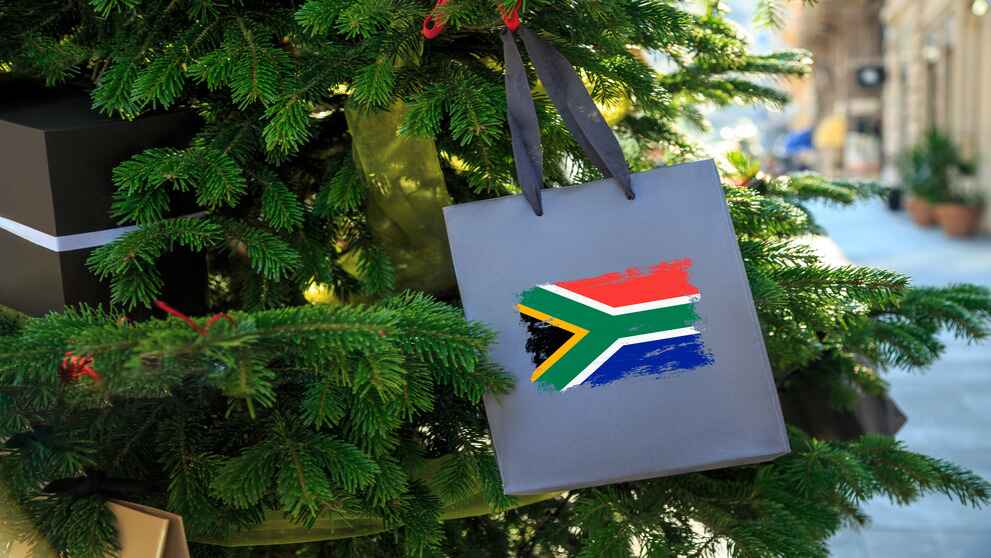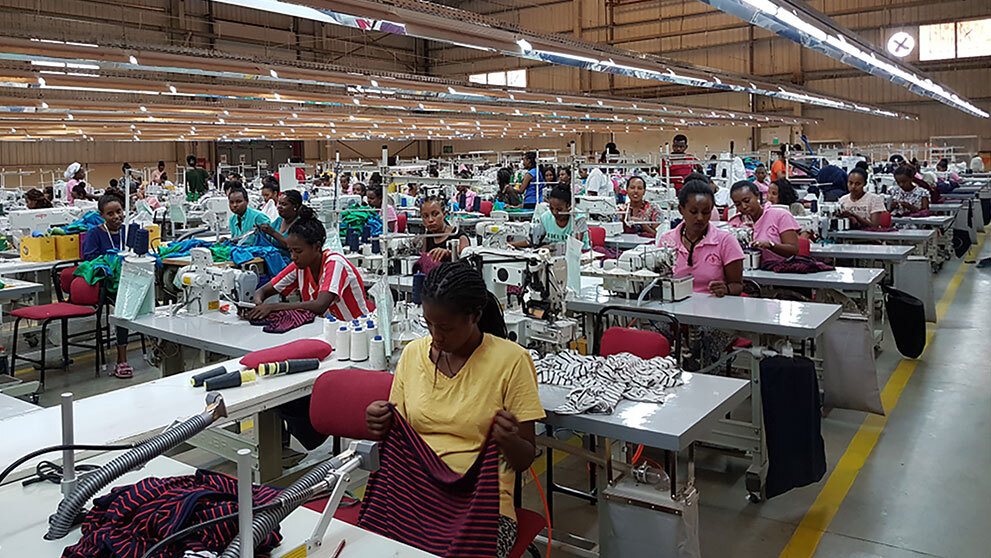Fashion is an $11 billion industry in South Africa. That’s bigger than anywhere else in Sub-Saharan Africa. While the industry has faced (and continues to face) its fair share of challenges due to the economic downturn, there is still a strong appetite for local fashion and sustainable fashion practices.
South Africa also has a strong history of producing world-class fibres including mohair, wool, and cotton. South Africa is currently the biggest producer of mohair in the world. So if you love fashion and want to be your own boss, know that there’s plenty of room for you in this market.
But like any entrepreneurial adventure, building a successful fashion business takes careful planning and execution. The first step? Finding that perfect business opportunity. Let's dive into the exciting possibilities the South African market has in store.
1. Exporting to Global Markets
Whenever tourists visit South Africa, they often want to take home some beaded cuffs, leather bags or some other fashion item. What does this mean? People across the globe love locally-made South African fashion. In 2019, $214 million of knitted or crocheted apparel were exported from South Africa. There’s particularly high demand for South African textiles and clothing in China, Namibia, Botswana, Lesotho and Eswatini.
2. Fashion Hubs
The fashion space is very competitive in South Africa. However, you can carve your path by fostering community and collaboration among fashion entrepreneurs and workers in your city by opening a fashion business hub.
Here are some benefits your hub can offer:
Shared Resources: Hubs offer access to production facilities, design studios, and technology, reducing initial investment costs for SMEs.
Mentorship and Training: Your hub can provide workshops, business development programs, and connect SMEs with industry experts.
- Networking: Hubs facilitate collaboration between designers, manufacturers, and retailers, fostering a supportive ecosystem for growth.
3. Building Fashion Labels
There’s a growing participation of South African fashion designers in exclusive international fashion events like the Paris, Milan and New York Fashion Weeks. This means the world is paying attention to more indigenous South African fashion labels. And who says you can’t be one of them? Identify a specific customer segment and cater to their needs with unique designs, high-quality materials, and a strong brand story, and who knows, you might be the next big thing.
4. Fashion E-commerce: Reaching a Wider Audience
There’s a constantly growing number of internet-savvy South Africans and this spells opportunities for you. One is that you can set up an online shop to sell the products you create. Another is that you can build an online marketplace for other fashion SMEs to showcase products, manage sales, and reach customers beyond their physical location. Also, you can use social platforms such as Facebook, WhatsApp, TikTok and Instagram to build brand awareness, engage with customers, and run targeted marketing campaigns
5. Upcycling: Breathing New Life into Fashion
As South Africa embraces sustainability, upcycling is emerging as a lucrative avenue for SMEs. It's all about transforming used clothing or textiles into new, fashionable items. Here's how you can capitalise on this trend:
Unique and Sustainable Products: Upcycled clothing offers a unique selling proposition, catering to environmentally-conscious consumers.
Reduced Production Costs: Lower costs compared to traditional manufacturing, as you're utilising pre-existing materials.
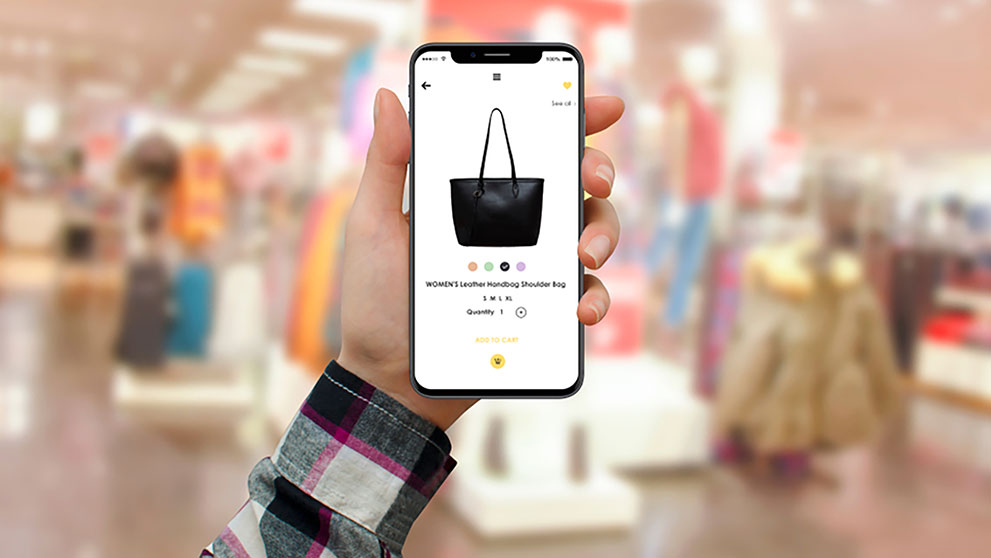
Partnering with DHL: Take Your Fashion Business to the Next Level
So, you've chosen your path in South African fashion. Now, how can DHL help you navigate the exciting journey ahead? Here are just a few ways:
Seamless Logistics: DHL offers a robust logistics network that can take your business national and even international. We can handle the storage, transportation, and delivery of your car parts, accessories, or safety equipment, ensuring they reach your customers quickly and efficiently.
Expertise and Support: Running a business involves more than just a great idea. DHL's team of experts can provide valuable insights on everything from supply chain management to marketing strategies. We'll be your trusted partner, helping you navigate challenges and optimise your operations.
Technology for Efficiency: DHL uses cutting-edge technology to streamline processes and provide real-time tracking of your shipments. This transparency builds trust with your customers and empowers you to make informed decisions.
South Africa’s fashion industry is brimming with potential, and there’s more than enough room for you. With the right idea, local sourcing, and a reliable partner like DHL, your brand can be a roaring success story. So, what are you waiting for? Get started with a business account today!
- https://www.bizcommunity.com/article/sas-fashion-industry-yields-highest-sales-in-sub-saharan-africa-of-11bn-019335a#
- https://twyg.co.za/what-does-fashion-revolution-mean-for-africa/
- https://www.forbesafrica.com/brand-voice/2023/10/30/up-and-away-south-african-fashion-designers-in-demand-abroad-local-textile-production-set-to-increase/
- https://smesouthafrica.co.za/starting-a-business-in-the-fashion-industry/
